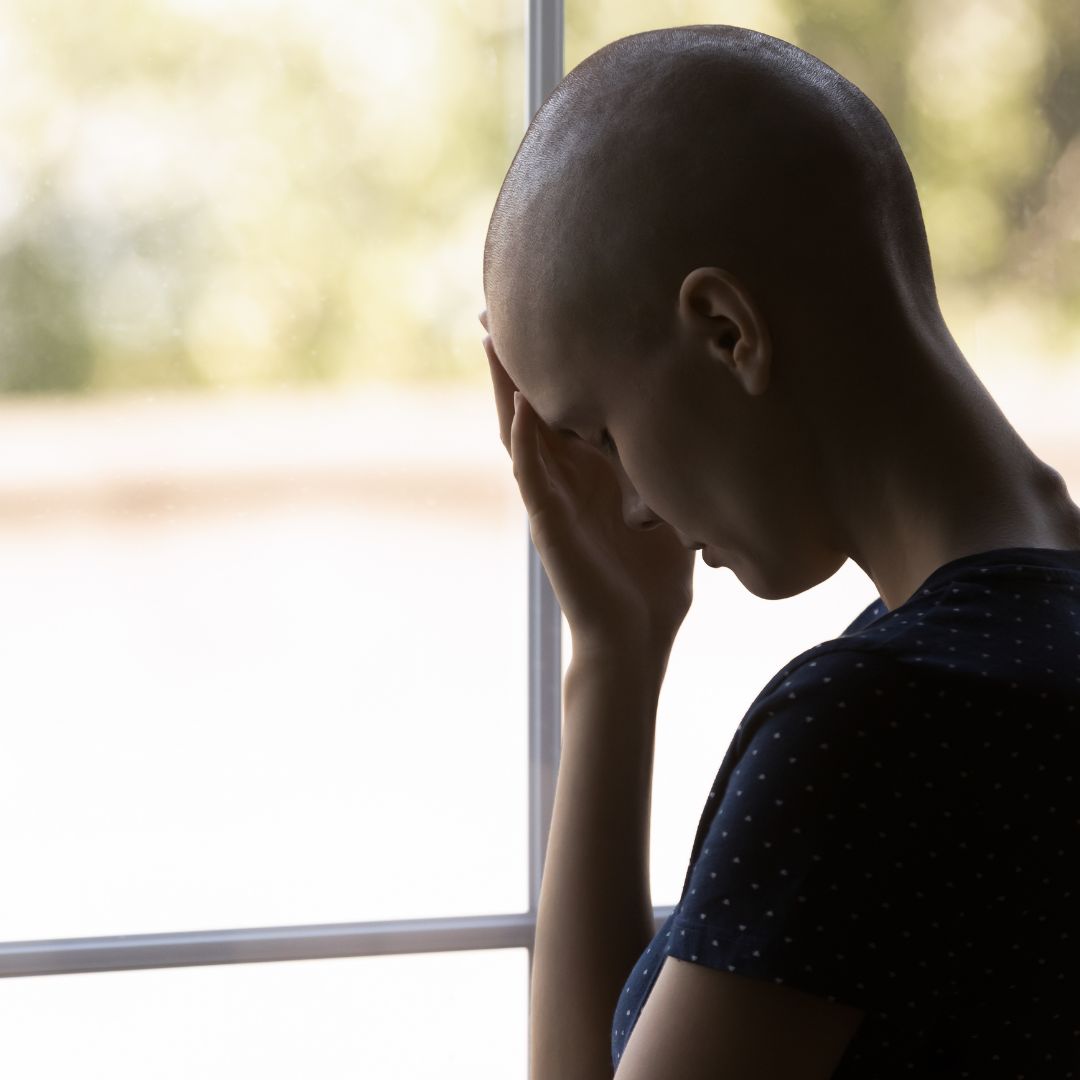
Cancer Mindset:
Fear or Love?
Is Cancer Something to Fear or Love?
The way you approach cancer—whether with fear or love—can significantly impact your experience and treatment outcomes. Cancer, by its nature, is not just a threat but also an opportunity to understand and manage a condition that is present in every body. The concept of remission, which implies the presence of cancer cells, reflects that cancer cells are a natural part of our biological landscape.
Managing Cancer Effectively
If you know where cancer cells are located and how many there are, you can address them more effectively. Understanding what causes cancer cells to grow allows you to make informed decisions that can help control their proliferation. Cancer is fundamentally about managing the balance of organisms within the body that either promote or inhibit its growth.
Making the Right Decisions
Making the right decisions can help decrease cancer and minimize its spread. Conversely, incorrect decisions can lead to its rapid spread. Dr. Weinberg from Stanford University famously stated that "Chemotherapy makes cancer worse because it stimulates cancer stem cells that were never meant to be stimulated in the first place."
A Mindset of Love
Consider this: should you hate or fear your own body? Likely not. Instead, loving your body can lead to healing. When you extend love and compassion to areas of discontent, such as a painful knee or back, you encourage healing and balance. Cancer, similarly, should be approached as a challenge to be loved, understood, and nurtured back into equilibrium.
The Power of Love
A beautiful concept to embrace is that cancer is a conflict within the body that needs to be treated with love and understanding. By nurturing and loving the areas of imbalance, you help them regain balance more effectively. Fear and hatred only serve to amplify negativity, making the problem worse. Therefore, loving and nurturing your body can transform cancer from a formidable foe into a challenge that gradually dissipates as it is replaced by positive energy and healing.
By adopting a mindset of love and compassion, you support your body’s ability to heal and maintain balance.

